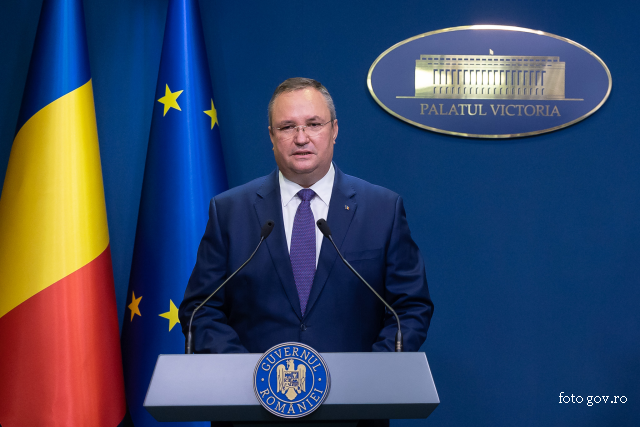Preparing for a challenging winter
Authorities have urged people not to waste energy.

Ştefan Stoica, 12.09.2022, 14:00
The upcoming winter is the first when the energy crises is expected to be felt strongly, being rendered even more difficult by the ongoing war, the sanctions imposed on Moscow by the West and by Putins energy blackmail with which he is responding to these sanctions. Russia is no longer a reliable supplier and decreasing dependency on Russian gas and diversifying energy supply sources have become priorities at EU level.
After having avoided for months the sensitive issue of electricity and natural gas saving, now, in tune with almost all Europe, the Bucharest authorities have started to launch messages trying to convince people that wasting energy will only deepen the crisis. PM Nicolae Ciuca considers implementing a system of bonuses for Romanians who save energy, especially at pick hours. No decision will be made however, until the proposals of European energy ministers, made at a recent meeting in Brussels, are debated within the European Council.
Nicolae Ciuca: “It is too early to talk about any particular measure, because they have not been decided yet. What we have managed to do so far is to make sure, through the measures adopted, that we have a safe and functional energy system. We have energy, people pay the same price for kWh, for both natural gas and electricity and, of course, we make sure that vulnerable citizens are protected, that economy is protected and that we have natural gas stocks secured for winter.
According to experts, the Romanian gas deposits cover consumption during winter. The country is also a producer of natural gas and can to cover consumption from domestic production. At the recent energy meeting in Brussels, Romania supported measures such as putting a cap on the price of Russian gas and creating a platform for the joint purchase of gas in the EU. In short, the European Commission wants to introduce measures such as decreasing electricity consumption through voluntary and mandatory mechanisms, a solidarity contribution of companies working in the fossil fuel sector and reducing the price of natural gas with an emphasis on capping the price of gas imported from Russia.
In turn, the Social democratic leader Marcel Ciolacu said he cannot ask Romanians, some of whom experienced the hardships of the communist period, to turn off the light to reduce consumption, given that Romania produces as much as it consumes. Ciolacu agrees, however, with a consumption ceiling covered by the state, with any extra consumption to be paid by consumers. (EE)






























